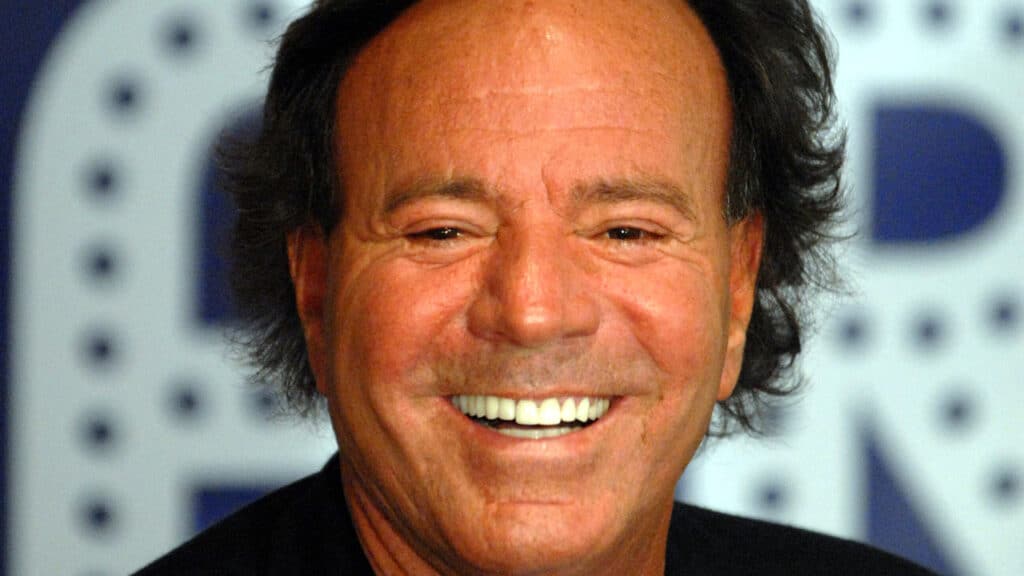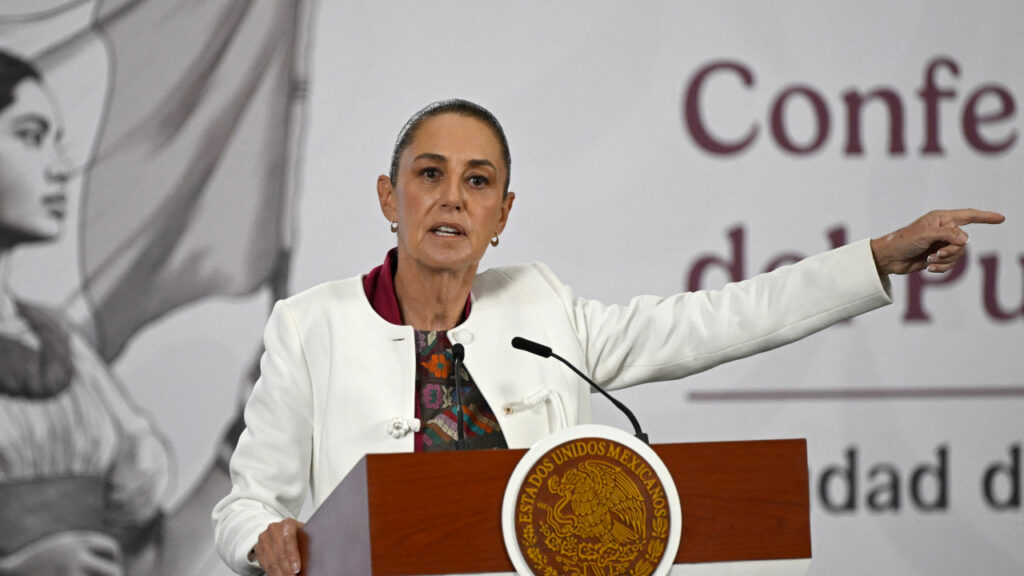
Cuba in the Dark: Why the Island’s Electricity Crisis Is So Alarming
For many, Cuba is imagined as an island paradise. Decades of communist rule evoke nostalgia for old cars and street corners filled with music. But for those who live there, the reality is far more grim.
Since last Friday, much of Cuba has been without electricity following the failure of one of the country’s main power plants. According to the energy minister, only 20,000 out of 2 million people had power on Friday night.
Although power outages are common in Cuba, the current crisis is unprecedented. The collapse of the country’s already fragile infrastructure has pushed the island into a new level of darkness.
A “Normal” Crisis, Until Now
Sadly, the stagnation of countries like Cuba and Venezuela has become normalized in the public eye. Headlines about power outages no longer shock anyone. But this time, the situation in Cuba is different.
Over the last three days, conditions have deteriorated. To the point that the government has been forced to take drastic measures to conserve what little power remains. Schools have been closed, businesses shuttered—efforts to keep the lights on, but just barely.
As reported by NBC News, the situation is so severe that even the government’s attempts to mitigate the crisis are faltering.
A Symptom of a Larger Problem
While Cuba’s dictatorial regime has long isolated it from much of the world, its few remaining alliances—particularly with Venezuela—are no longer enough. The island’s demand for electricity continues to grow, while the supply of oil has dwindled. NBC News explains that even Cuba’s ally and primary oil supplier, Venezuela, has significantly cut back shipments to the island. Shipments from other countries like Russia and Mexico have also dropped dramatically.
For many Cubans, this is the final straw—the country has hit rock bottom.
Despite the Cuban government’s usual blame of the United States and its decades-old embargo for the country’s hardships, the reality is more complicated.
Four electrical grids had failed by Friday. Energy and Mines Minister Vicente de la O Levy told reporters on Sunday that full power restoration was expected by Tuesday. However, he cautioned that blackouts would continue due to ongoing fuel shortages. The government, he added, is in talks to acquire more fuel.
A Perfect Storm of Disaster
Adding to the crisis, Hurricane Oscar, a Category 1 storm, made landfall on Cuba’s coast Sunday night, bringing winds of up to 80 mph. The storm worsened an already dire situation, leaving millions of Cubans with no electricity, limited access to water, and dwindling supplies of food and medicine.
Frustration boiled over, with Cubans taking to their windows to protest by banging pots and pans, not only over the current blackout but also over decades of government neglect and reliance on imports for basic necessities.
For a country already grappling with severe shortages of food, medicine, and water, the collapse of the electrical grid is simply the final blow.




